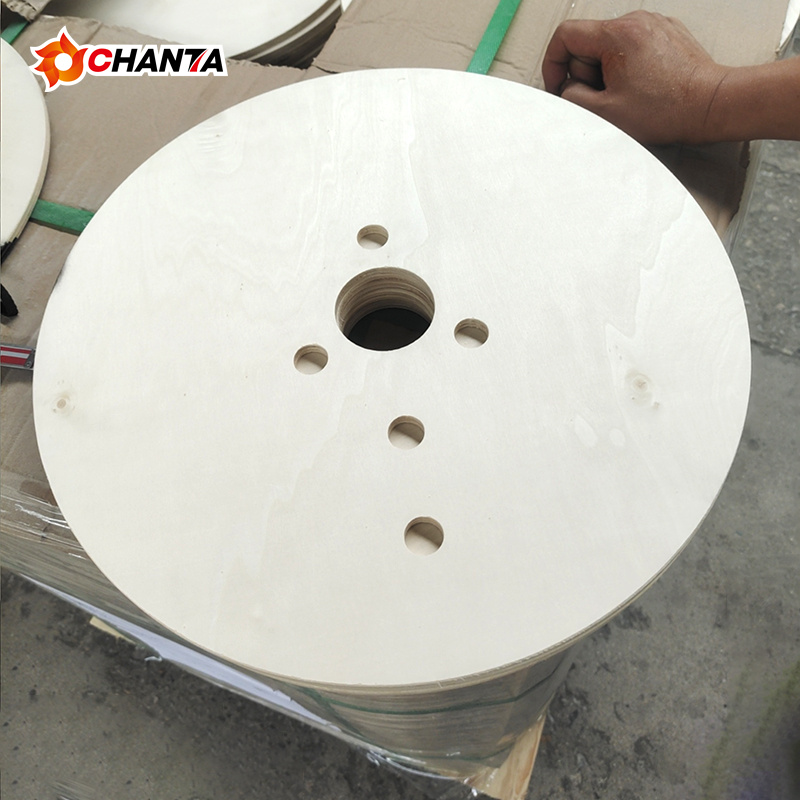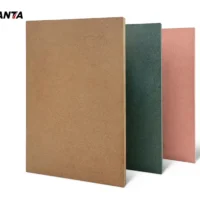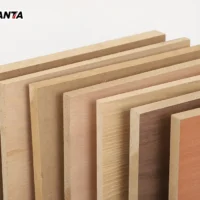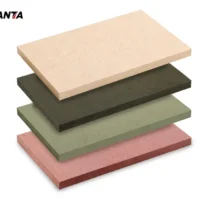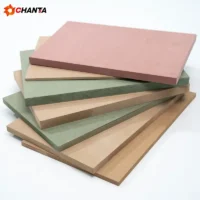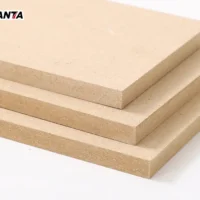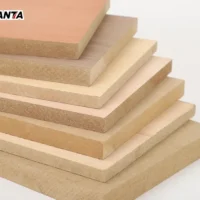Table of contents
When you search for a reliable laminated plywood board supplier, you want more than just a product. You expect consistent quality, flexible options, on-time delivery, and strong after-sales support. Laminated plywood boards are widely used in the furniture, interior decoration, construction, and packaging industries. Choosing the right supplier is crucial for businesses that need to maintain quality standards and stay competitive in global markets.
What Is a Laminated Plywood Board?
A laminated plywood board is a plywood sheet bonded with a decorative or protective surface layer, such as melamine, veneer, or film. This process enhances the appearance and durability of the board, making it suitable for applications that require both strength and aesthetics. Furniture factories, construction companies, and wholesalers prefer laminated plywood because it reduces finishing costs and provides a ready-to-use surface.
Why Buyers Look for a Reliable Supplier
- Consistency: Large projects require uniform quality across every sheet.
- Capacity: Suppliers must handle bulk orders and container shipments.
- Customization: Buyers often need different thicknesses, sizes, and laminates.
- Compliance: Certifications like FSC, CARB, and CE are vital for global trade.
- Pricing: Competitive wholesale rates matter for long-term partnerships.
Available Sizes and Thickness Options
A good laminated plywood board supplier provides flexibility in dimensions. The most common sheet size is 1220 x 2440 mm (4×8 feet), but custom sizes are often available. Thickness typically ranges from 3 mm to 40 mm depending on the application.
| Thickness | Applications | Key Advantages |
|---|---|---|
| 3-6 mm | Paneling, ceilings, decorative surfaces | Lightweight, easy to handle |
| 9-12 mm | Cabinet doors, wall partitions, office furniture | Balanced strength and flexibility |
| 15-18 mm | Tables, shelves, flooring | Durable, strong load-bearing capacity |
| 21-25 mm | Staircases, decks, heavy-duty furniture | Robust, long-lasting performance |
| 30-40 mm | Industrial platforms, marine use | Maximum strength and stability |
Applications of Laminated Plywood Boards
Furniture Industry
Furniture factories use laminated plywood for cabinets, wardrobes, office desks, and kitchen units. The smooth laminated surface reduces the need for extra finishing and ensures a modern, professional look.
Construction and Decoration
In construction, laminated plywood is popular for partitions, flooring, and decorative wall panels. It combines durability with aesthetics, making it suitable for both residential and commercial projects.
Marine and Packaging
Laminated plywood boards are also used in boat interiors and high-quality packaging. The laminated layer provides added resistance against wear, moisture, and impact.
Certifications Buyers Should Consider
When evaluating a laminated plywood board supplier, certifications guarantee compliance and safety:
- FSC: Ensures sustainable sourcing and legal forestry.
- CARB / EPA TSCA Title VI: Guarantees low formaldehyde emissions.
- CE Certification: Required for entry into European markets.
- ISO 9001: Shows commitment to quality management.
How to Select the Right Supplier
Finding a reliable laminated plywood board supplier requires more than comparing prices. Buyers should look for factories with advanced equipment, consistent inspection processes, and a proven record of exporting. Factors such as minimum order quantities (usually one 40HQ container), production capacity, and delivery time are critical for long-term cooperation.
Price Considerations
Prices vary depending on laminate type, thickness, and certification. For example, melamine laminated boards are cost-effective, while film-faced boards are more durable but priced higher. Bulk orders and standardized sizes often secure better pricing for wholesalers and distributors.
Final Thoughts
A dependable laminated plywood board supplier can make a significant difference for B2B buyers. With options ranging from 3 mm decorative panels to 40 mm heavy-duty boards, laminated plywood provides strength, durability, and aesthetic value. By focusing on certified suppliers with proven capacity, global buyers can secure high-quality materials, competitive prices, and reliable delivery for every project.

